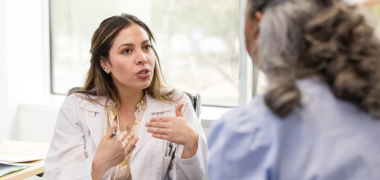
This role has a moderate level of AI exposure. AI can enhance efficiency for some tasks, but this job still relies on human skills and decision-making.
Explore all careersHospital Scientists conduct tests on samples to aid in diagnosing and treating patients, ensuring accurate results to support healthcare.
Get qualified to work as a Hospital Scientist with a course recognised across Australia. Speak to a training provider to learn more.


Browse occupations related to Hospital Scientist



If you are interested in pursuing a career in the healthcare sector as a Hospital Scientist, you will find a selection of suitable training opportunities in Newcastle. Currently, there is one highly regarded option available: the Bachelor of Biomedical Science. This course is designed for experienced learners who possess prior qualifications or experience, ensuring that you are well-prepared for a dynamic role in healthcare. Studying in Newcastle allows you to gain essential skills and knowledge within a local context, benefiting both your career prospects and the community you serve.
Several esteemed training providers deliver these Hospital Scientist courses in Newcastle, with the University of Newcastle being a prominent choice. You can explore more about the offerings from the UON, which is committed to delivering high-quality education in this important field. By enrolling in these courses, you'll be taking a significant step toward a fulfilling career in healthcare that can lead to various job opportunities in clinical laboratories and research settings.
The Hospital Scientist role intersects with multiple fields of study, including Healthcare courses, Allied Health, and Pathology. These interconnected areas highlight the diverse opportunities available to professionals in this sector. If you’re based in Newcastle or looking to study here, the available Hospital Scientist courses in Newcastle will equip you with the essential skills to thrive in a rewarding healthcare career.